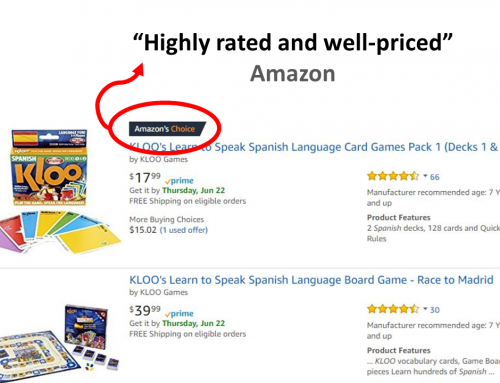6 Methods of building foreign vocabulary
There are six different approaches to acquiring foreign vocabulary. The approach you use will make a huge impact on your rate of learning. As you will see, in later blogs, the method you use is more important than your natural language ability.
Proven or guesswork?
As you might expect with 6 different methods of learning, some are better and others and some are wildly better than others! What we share in our blog is completely researched, sourced and proven. We will help you to cut through the noise, marketing, hype and guesswork so you don’t need to guess any more. We are going to share with you substantive research which clearly shows you what works – and what doesn’t.
The 6 different vocabulary building techniques we will review are:
- Rehearsal
- Context
- Discovery Learning
- Keywords
- Memory Palace
- The Ultimate Combo
Vocabulary is the bedrock of language
The bedrock of learning a language is vocabulary. Without it your ability to communicate is limited to pointing and hand gestures (and we can even get the meanings of those wrong!) So, investing a little time in finding the best way to build vocabulary is worth its weight in gold…so let’s do that.
Our next blog will take us on the first step.
The overlooked fact. Using the right language tools make the difference between learning and not
6 Vocabulary Building Techniques
How to Learn Foreign Vocabulary Method 2 Using Context
How to Learn Foreign Vocabulary Method 2 – Using Context
How to Learn Foreign Vocabulary Method 3 – Discovery Learning
How to Learn Foreign Vocabulary Method 4 – the KLOO Combo System






















Leave A Comment